|
Kia ora tatou - and welcome to your newsletter.
Across New Zealand, thousands of people have taken part in protests sparked by the death of African-American man George Floyd at the hands of police. Further rallies and vigils are planned in Australian cities this week. The gatherings are happening as both countries maintain social distancing and just as New Zealand marked 11 consecutive days of zero new cases of COVID-19. Monash University infection prevention researcher Philip Russo reflects on the dilemma of large gatherings while we are trying to manage the pandemic.
At times of crisis, trustworthy media coverage matters more than ever. But the pandemic has changed the media landscape in New Zealand, bringing both unprecedented audience growth and dire economic threats and closures. AUT media expert Wayne Hope charts the latest bold move which saved New Zealand’s largest newspaper publisher and online news site and he proposes a strategy for a comprehensive media reconstruction.
And in non-pandemic news, we learned this week that New Zealand sits atop the ancient remnants of the largest volcanic outpouring on Earth. Geophysicists Simon Lamb and Tim Stern — both at Te Herenga Waka Victoria University of Wellington — explain how they used speed patterns of seismic waves to reveal New Zealand’s deep geological history.
You’ll find lots more to read in this week’s newsletter, including about a call for a commissioner for older people and New Zealand’s long-awaited NZ$700 million package to address freshwater pollution.
Please feel free to invite friends and colleagues to subscribe to this newsletter or to check out The Conversation’s New Zealand page. Many thanks for reading - stay well, noho ora mai.
|
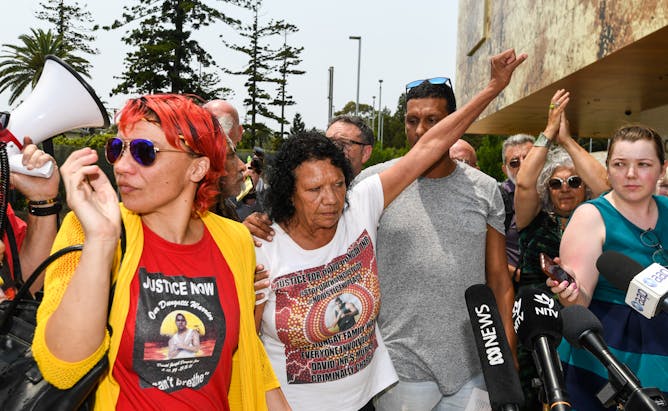
Peter Rae/AAP
Philip Russo, Monash University
As Australians gear up to protest police violence against Indigenous people, an infectious diseases expert looks at how to manage the risk of COVID-19.
|

www.shutterstock.com
Wayne Hope, Auckland University of Technology
COVID-19 has accelerated the disintegration of New Zealand's media. A state-led reconstruction strategy is the only answer.
|
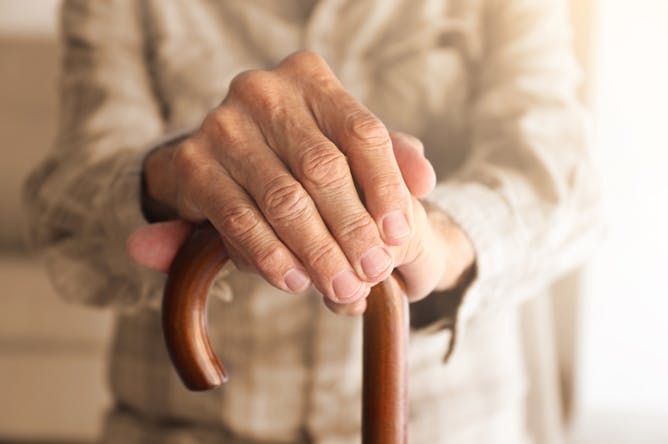
www.shutterstock.com
Claire Breen, University of Waikato; Alexander Gillespie, University of Waikato
COVID-19 harms older people most. Now more than ever they need an advocate to protect their rights and their health.
|
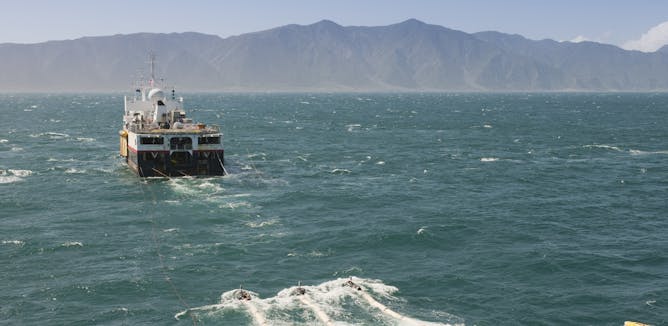
Ewing.
Simon Lamb, Te Herenga Waka — Victoria University of Wellington; Timothy Stern, Te Herenga Waka — Victoria University of Wellington
New research confirms that massive plumes of buoyant hot rock once rose from near the Earth's core to the surface and triggered vast volcanic eruptions - and that New Zealand sits on top of one.
|
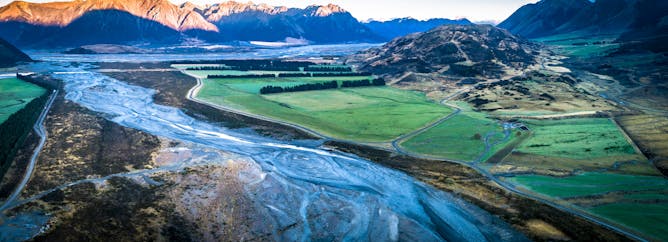
Tracey McNamara/Shutterstock
Michael (Mike) Joy, Te Herenga Waka — Victoria University of Wellington
A long-awaited NZ$700 million package to clean up New Zealand's rivers and lakes has disappointed some of the government's expert advisers – especially a delay on setting clear pollution limits.
|
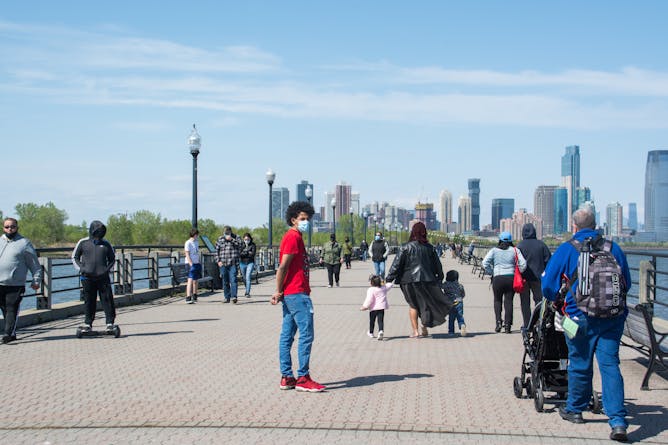
www.shutterstock.com
Elspeth Tilley, Massey University
Assuming everyone we encounter in public is vulnerable to COVID-19 may be the best ethical response to social distancing and consent.
|
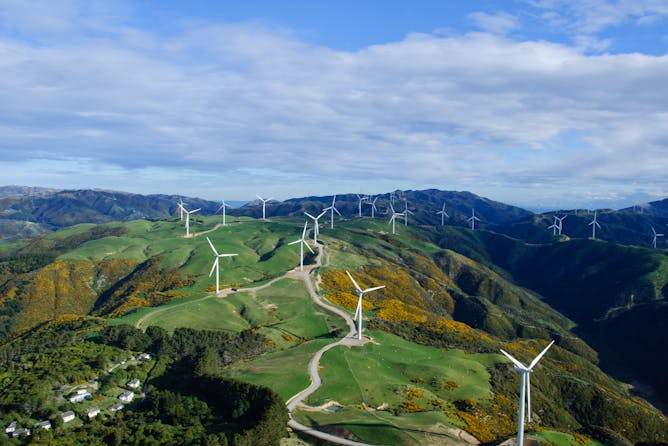
Dave Greenberg/Shutterstock
Ralph Sims, Massey University
While it's impossible to stop all extraction of fossil fuels now, renewable sources are already generating 25% of global electricity demand now and their contribution continues to grow.
|
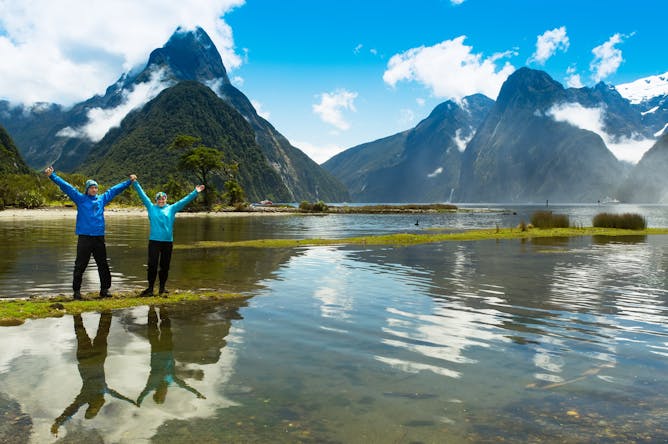
www.shutterstock.com
Jarrod Haar, Auckland University of Technology
Trials show a four-day week really works. With economies desperate for recovery, now could be the perfect time to encourage it.
|
From our international sections
|
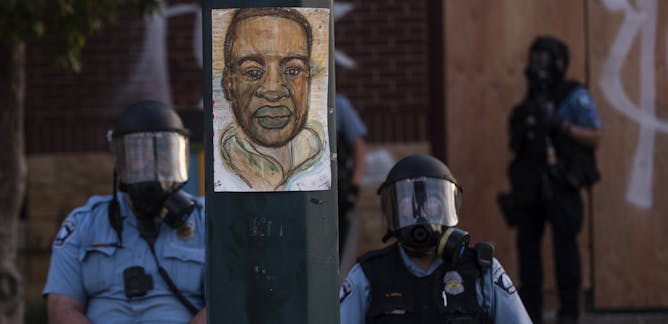
Shervin Assari, Charles R. Drew University of Medicine and Science
Police killings of black men gain widespread attention, but black men's life-and-death issues are ignored on a daily basis, a physician who studies health gaps explains.
| |
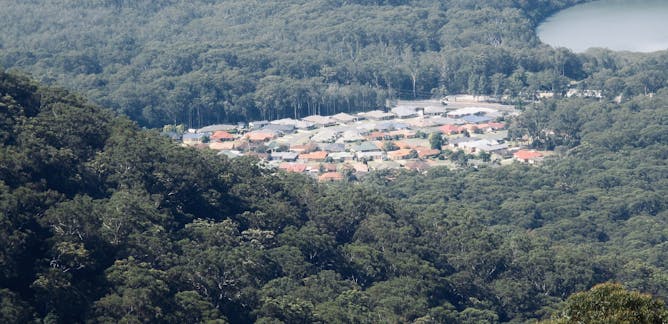
Penny van Oosterzee, James Cook University; Bill Laurance, James Cook University
Australia has been identified as a hotspot for emerging diseases, which occurs when human activities collide with a richness of animal species.
|
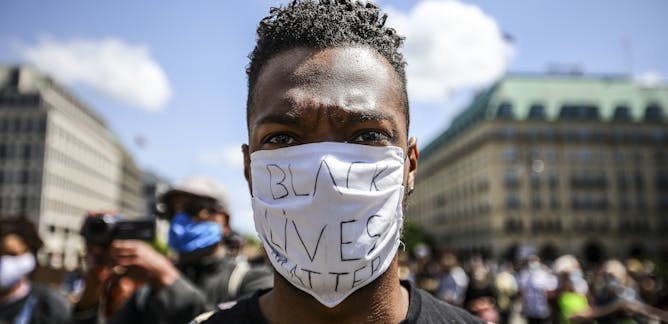
Clare Corbould, Deakin University
African Americans have long taken to the streets to protest against racial injustice. While some progress has been made, police violence remains an ever-present reality.
| |
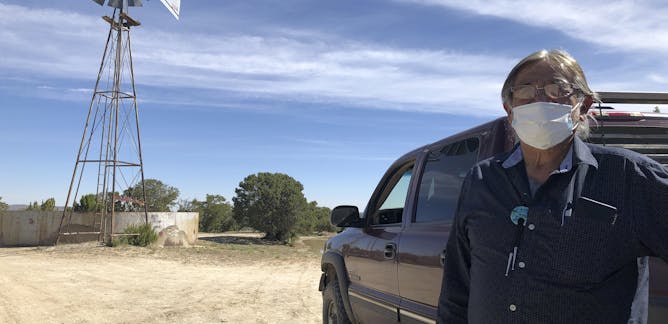
Lindsey Schneider, Colorado State University; Joshua Sbicca, Colorado State University; Stephanie Malin, Colorado State University
Many Native American tribes are reporting high COVID-19 infection rates. State and federal agencies are impeding tribes' efforts to handle the pandemic themselves.
|

Simon Kolstoe, University of Portsmouth
The UK government has quietly relaxed a confidentiality law that protects patient health data. Here's why that matters.
| |
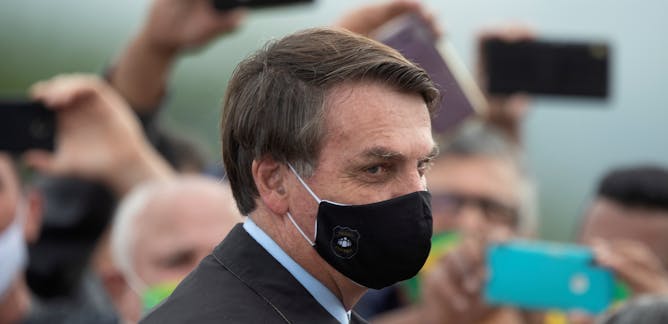
Brian Garvey, University of Strathclyde ; Mauricio Torres, Federal University of Pará
A repeat of 2019's disastrous fire season is possible in 2020, and it would have dire consequences.
|
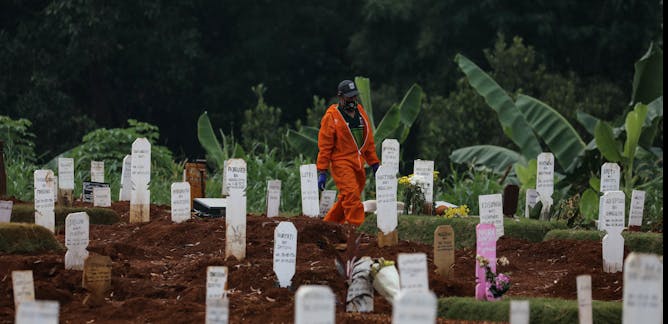
Muhammad Zulfikar Rakhmat, Universitas Islam Indonesia (UII)
Southeast Asia's largest economy, Indonesia, has again shown it prioritises the economy over its people during the COVID-19 pandemic.
| |
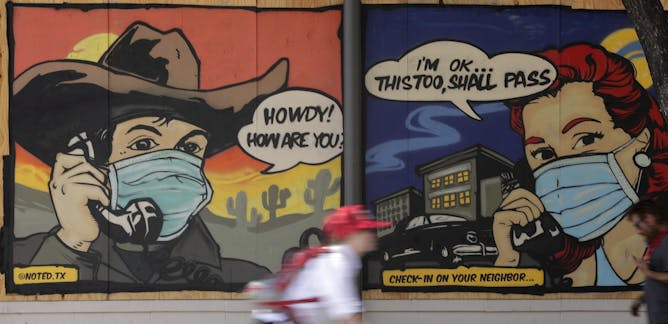
Linda E. Carlson, University of Calgary
The uncertainty, stress and isolation of the coronavirus pandemic are the ingredients for a perfect "anxiety stew." Here are some steps you can take to manage your mental health.
|
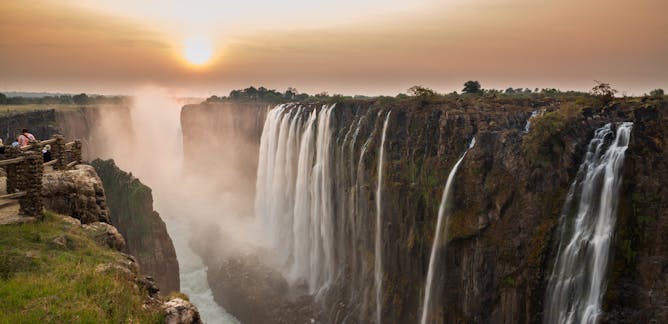
Sam Varvastian, Cardiff University
How Zambian farmers won the right to pursue claims in UK courts – and why UK polluters should be worried
| |
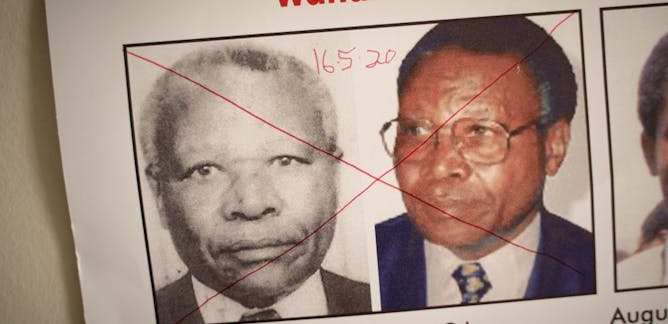
Kerstin Carlson, University of Southern Denmark
Given the contested success of transitional justice in Rwanda, the arrest showcases the mixed record of international justice.
|
|
|